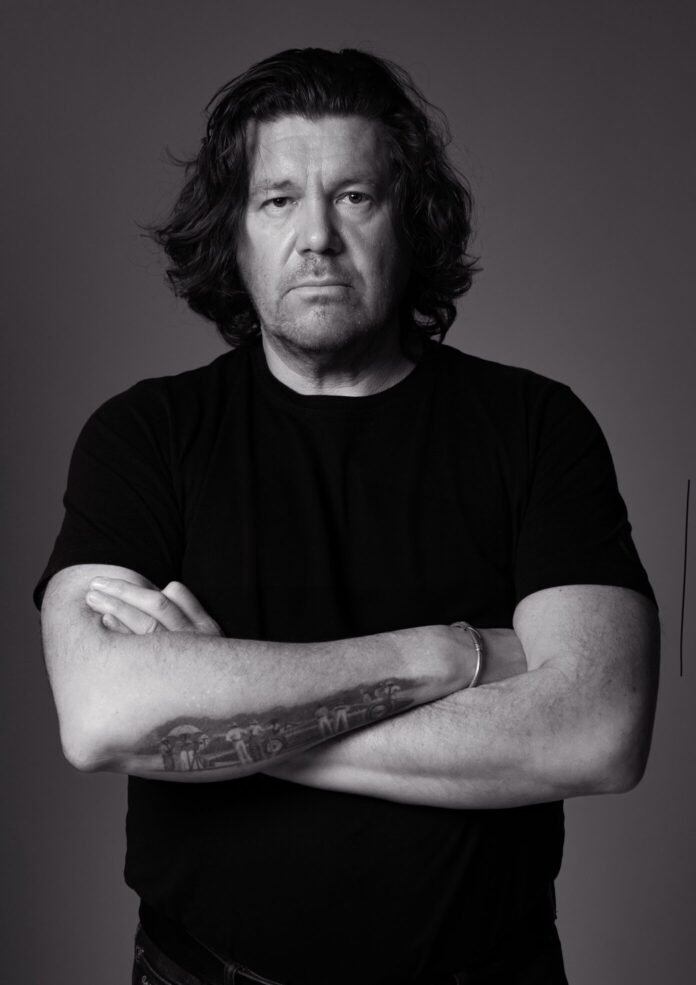Everyone talks about war. Some speak of it as an opportunity, others as an inevitability, and some remain silent, paralyzed by fear. Most talk about how to survive it, but too few ask themselves: for what? Why must a person experience war? Why must one pass through violence, destruction, and the depths of human depravity just to remember that life is sacred? Isn’t it time we start asking not what happens in war, but what happens after war?
In today’s world, war is becoming a socially acceptable strategy—not to protect the people, but to preserve power. War no longer begins with conflict alone. War begins the moment someone senses they are losing control during peace. When you know your political support is crumbling, that you won’t survive the next election unscathed, what’s the easiest way to reset the board? You create chaos. You turn everything upside down. And then you return with promises to “restore order.” The people, exhausted by noise and fear, welcome you with open arms. Power regains its illusion of legitimacy.
But that is an illusion.
The line between war and peace is thin. We are taught that peace is the opposite of war, but in truth, peace itself can be a slow war—a time when empathy and justice quietly disappear, even without anyone raising a weapon. I’ve seen how cold and indifferent a peacetime bureaucrat can be. A person who is supposed to serve peace, serves the system instead. So, you don’t have to be a science fiction writer to imagine what that same person will become during war, once even the last ethical restraint is gone.
War doesn’t create new monsters. War reveals the ones that were already there. The only difference is—they now have a free hand.
What comes after the war?
After the war, there is silence. Not peace—but dead silence. People no longer argue, they just fall quiet. Not out of reconciliation, but exhaustion. Something settles in their hearts that cannot be spoken. A vacuum forms—everything is broken, but no one dares admit it. Burned houses can be rebuilt. Broken bridges can be repaired. But what do we do with a broken inner culture? What happens when people can no longer look each other in the eye? When shame and guilt blend into a muted rage?
Peace doesn’t come on its own. It must be guarded, nurtured, cultivated. And it is not done by politicians or generals. It is done by ordinary people—if they dare. If they stop hoping that someone “at the top” will do the right thing. If they themselves refuse to hate, refuse to follow empty slogans, refuse to choose the side of violence even when it seems “justified.”
War is not just an external catastrophe. It is an internal bankruptcy. And if we’re not talking about what comes after, then we’re already there.
-Hannes Võrno, Facebook

























